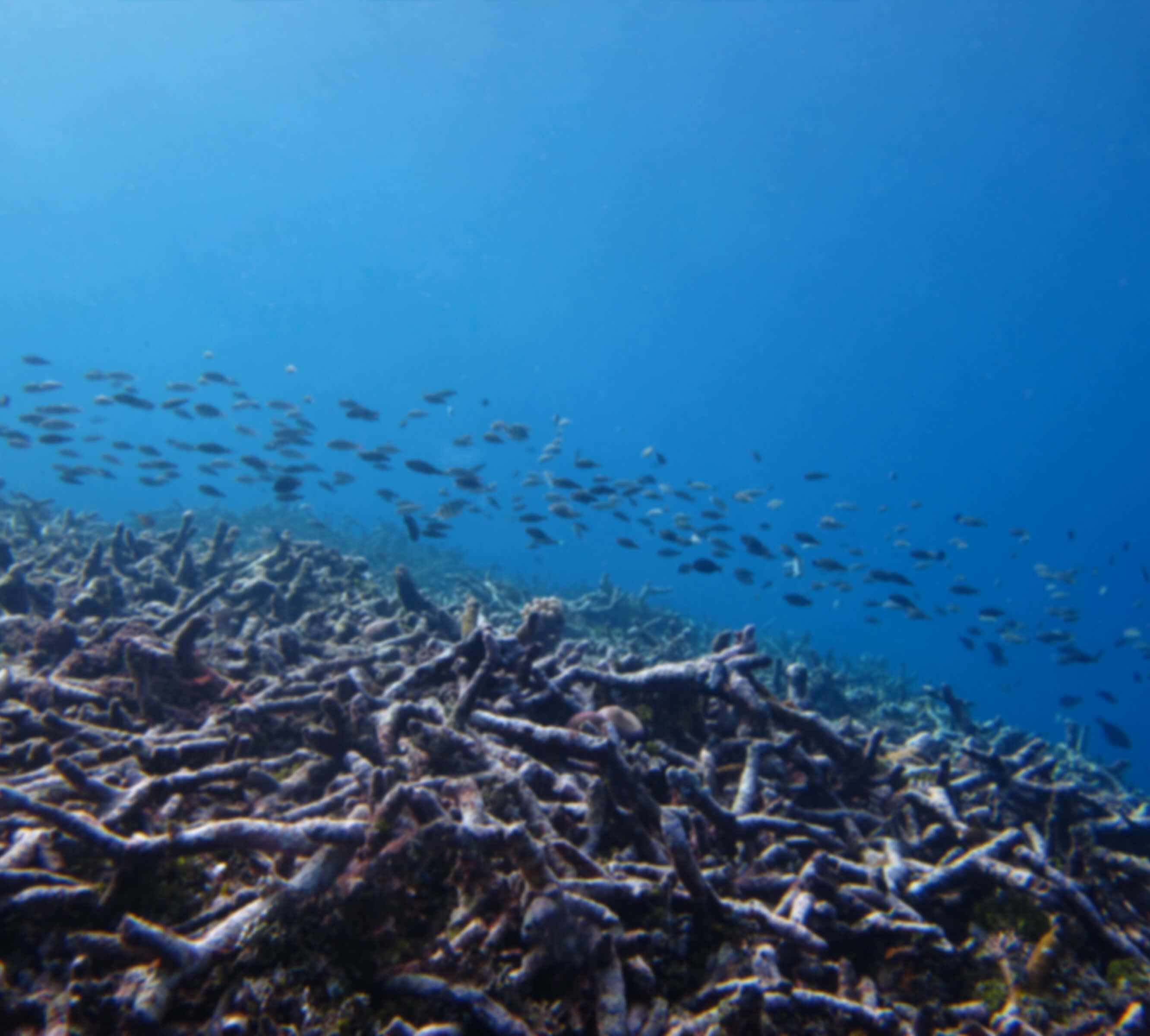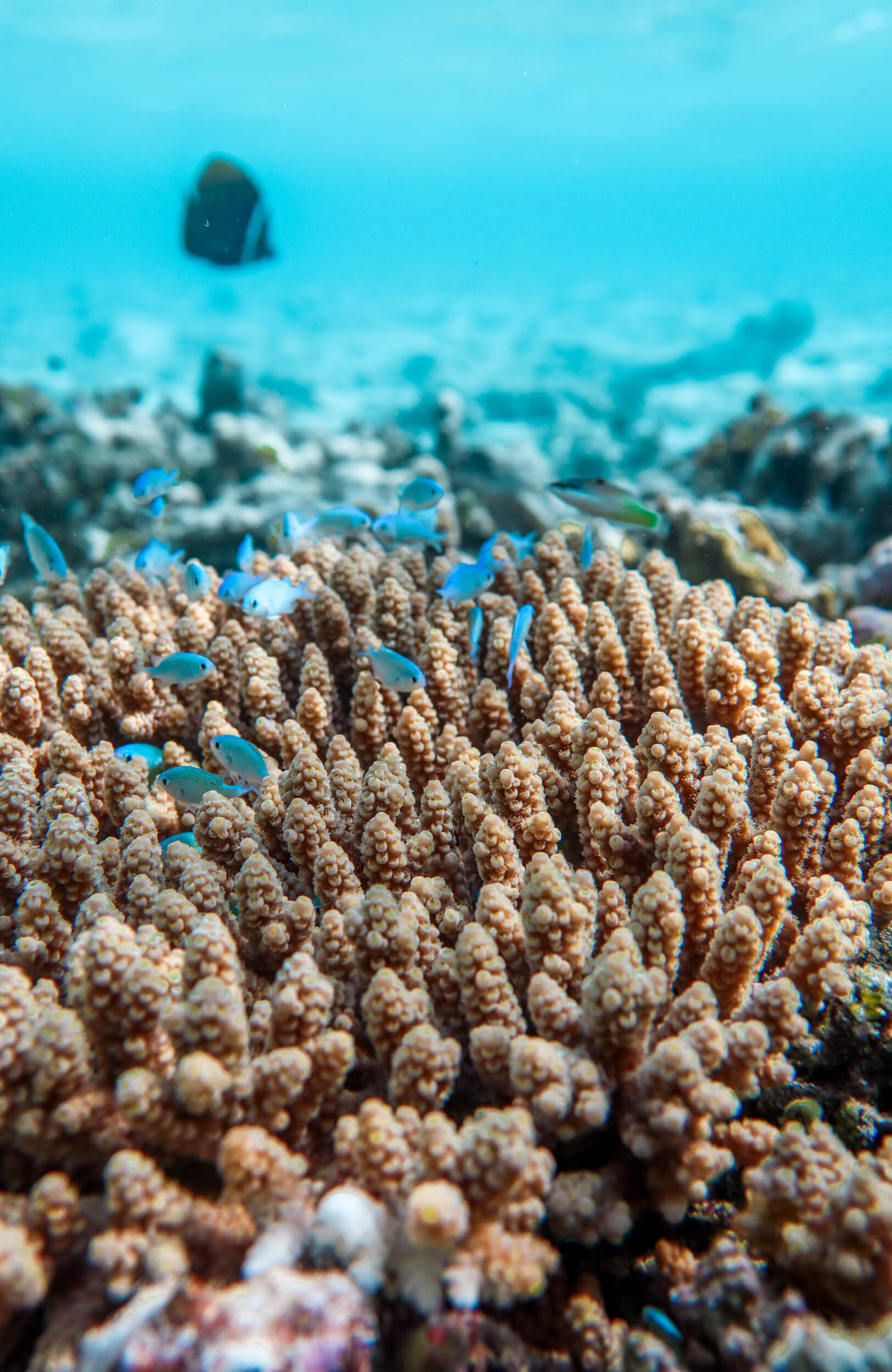Let's rebuild our reefs
According to the reports from the IPCC, a 2°C increase in global temperature would result in a 99% decrease in coral reefs. Massive coral extinctions would be a catastrophe for the oceans, which is why Rivea is collaborating with The Coral Planters to participate in this major initiative.
To support this project that is dear to us, Rivea is committed to donating 1 EUR to The Coral Planters association for every swimsuit sold. Additionally, we invite you to make a donation to build together the largest coral reef named Rivea and witness its growth in our journal.
125
Coral fragments
Planted by The Coral Planters x Rivea
Coral reefs are one of the most diverse and precious ecosystems on our planet, and we have already lost half of them.
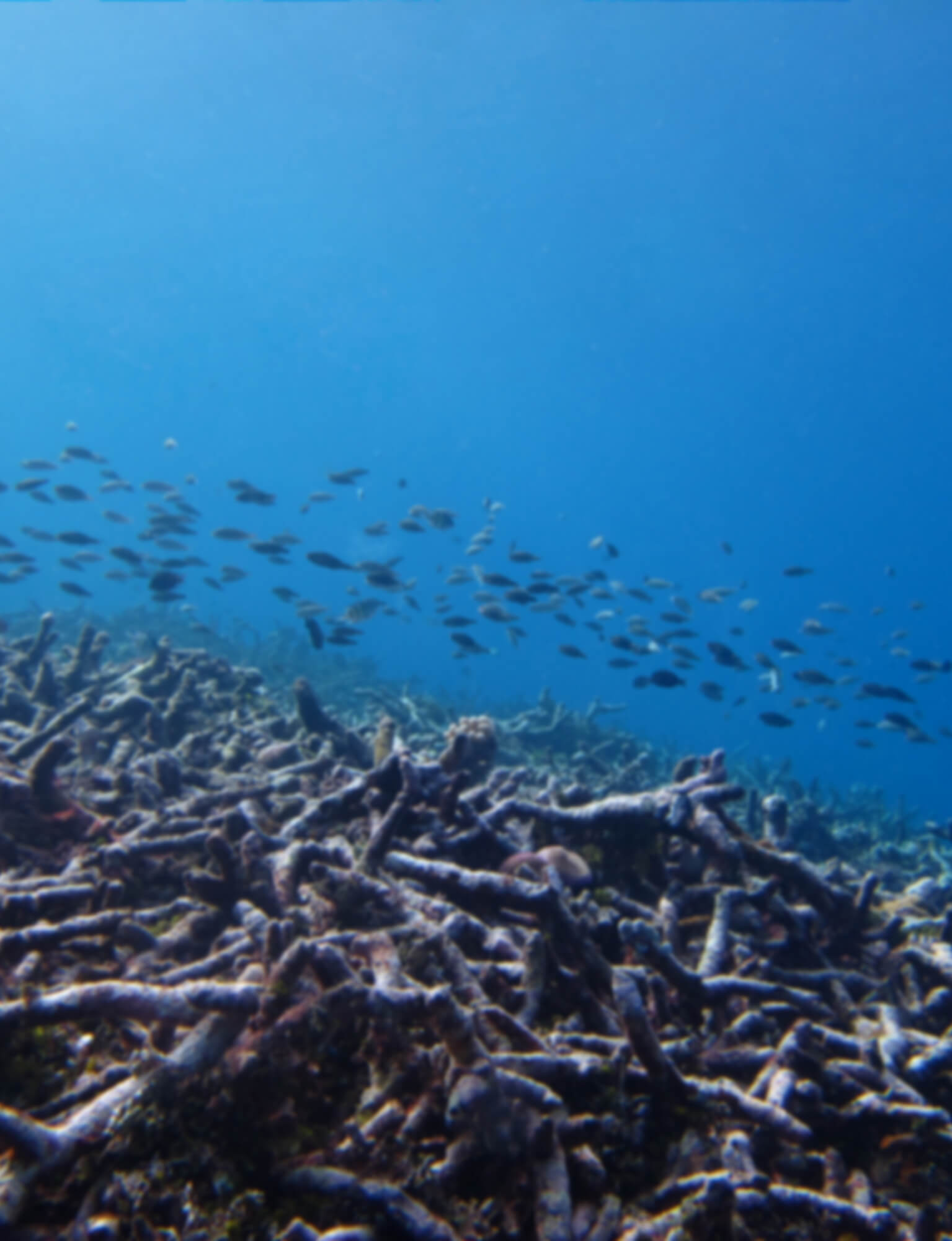
Corals: an essential element to marine biodiversity.
The corals that come together to form coral reefs shelter 25% of the marine life on our planet. However, if we do not take urgent action to address climate change, pollution, overfishing, and other threats looming over them, these magnificent organisms where life thrives could indeed disappear.
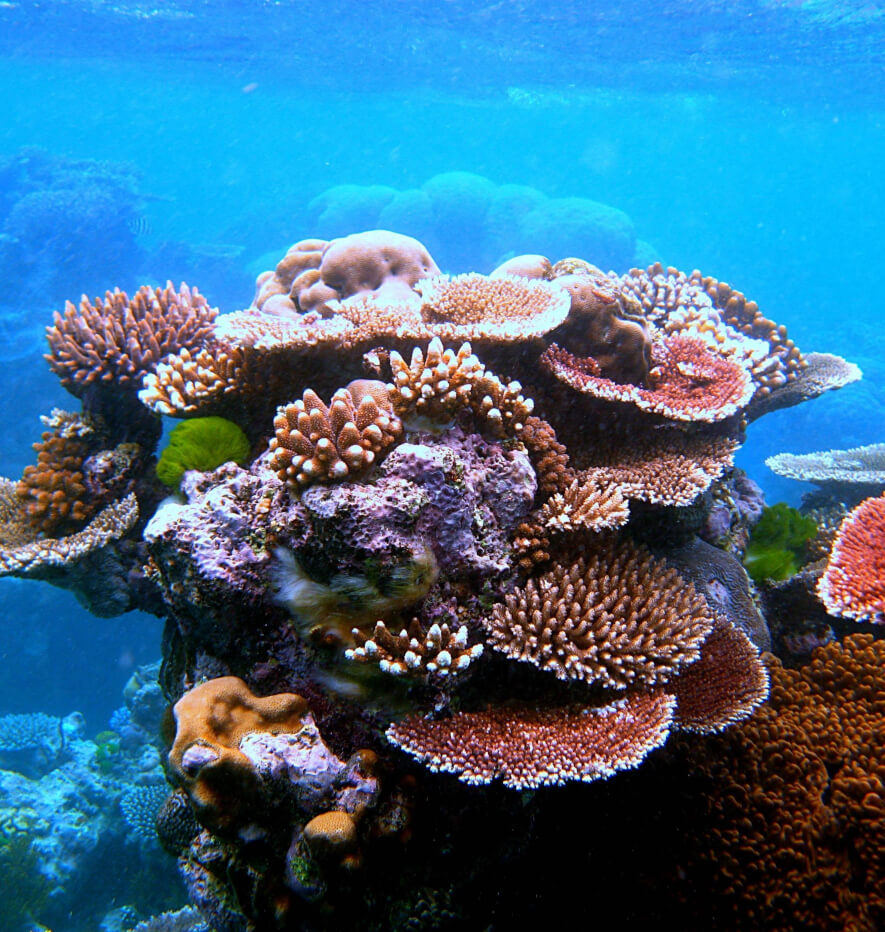
WHY DO WE NEED CORAL REEFS?
Coral reefs harbor more than 25% of all marine life forms and play a crucial role in the ocean. They are considered a biodiversity hotspot, hosting a multitude of species, from small crabs to sharks, and represent a crucial ecosystem for the ocean and the Earth. They provide food for many fish, serve as a breeding and nursery ground for numerous species, and protect coastlines from erosion and cyclones.
"The Coral Planters" Association
"The Coral Planters" is a non-profit charitable organization dedicated to the restoration of coral reefs by combining its efforts with the use of innovative technologies. They create artificial reefs to preserve marine biodiversity. They collaborate with scientists, engineers, and many other experts to develop new restoration techniques and gather as much data as possible.
A RESTORATION METHOD
Taking action for a good cause, committing oneself, setting an example in environmental matters is good. Doing it skilfully is even better. Thomas Le Berre, co-founder of The Coral Planters and a marine engineer by training, has developed a technique for restoring coral reefs. It involves transplanting coral fragments onto metal frames specifically designed for this purpose. These frames are covered with a substrate combining sand and natural resin to multiply the chances of success.
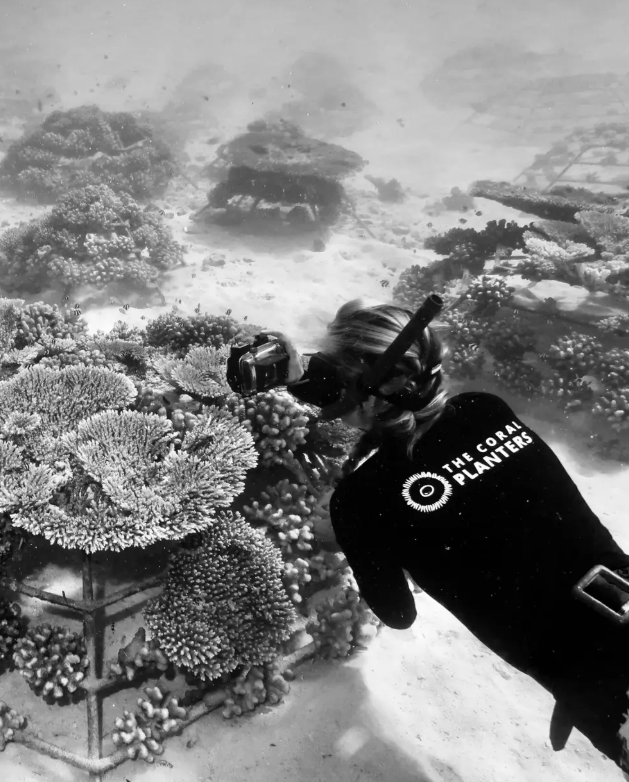
TOGETHER, LET'S PLANT THE CORALS OF TOMORROW
The Coral Planters aim to mitigate climate change by planting coral fragments while working towards reducing anthropogenic impact on the ocean. They create artificial reefs by transplanting coral fragments into specific areas while photographing the structure every 6 months to analyze the coral growth rate.


Rivea has joined forces with The Coral Planters to create the largest coral reef possible. The goal is to provide essential support to coral reefs that have been facing challenges for many decades. Since 1950, the planet has witnessed the disappearance of half of its reefs, underscoring the urgency of the situation. Your contributions will be gathered to establish a new reef in the Maldives, and you can follow its growth and development in our journal.
FAQ’s
Coral reefs are extremely important for several crucial reasons :
1. Marine Biodiversity: Coral reefs harbor an incredible diversity of marine species, making them one of the richest ecosystems on the planet. Thousands of species of fish, corals, crustaceans, and other marine organisms depend on reefs for their habitat and survival.
2. Coastal Protection: Coral reefs act as a natural barrier that protects coastlines from waves, storms, and erosion. They contribute to the stability of coastal areas and help prevent flooding.
3. Food Resources: Many coastal communities depend on coral reefs for their supply of fish and seafood. Reefs provide a vital source of protein and income for millions of people worldwide.
4.
Tourism: Coral reefs attract millions of tourists each year, contributing to the local economy. Recreational tourism related to coral reefs generates jobs and income for many coastal regions.
5. Medical Research: Corals produce chemical compounds that have been used in medical research to develop drugs for cancer, pain, and other diseases.
6. Climate Regulation: Coral reefs play a crucial role in the carbon cycle by absorbing carbon dioxide from the atmosphere and storing it as limestone, thus contributing to the regulation of the global climate by reducing ocean acidification.
In summary, coral reefs are vital for the health of our planet, both ecologically and economically. They provide essential ecosystem services, support marine life, and contribute to the well-being of human communities. It is imperative to protect and preserve them for future generations.
The reefs will be planted on the islands of Landaa Giraavaru and Kuda Huraa in the Maldives
In 2022, 5,827 coral fragments were planted, representing an area of new coral of 362 square meters. 115 artificial reefs were adopted. This has raised awareness among an audience of over 1,300 people.

